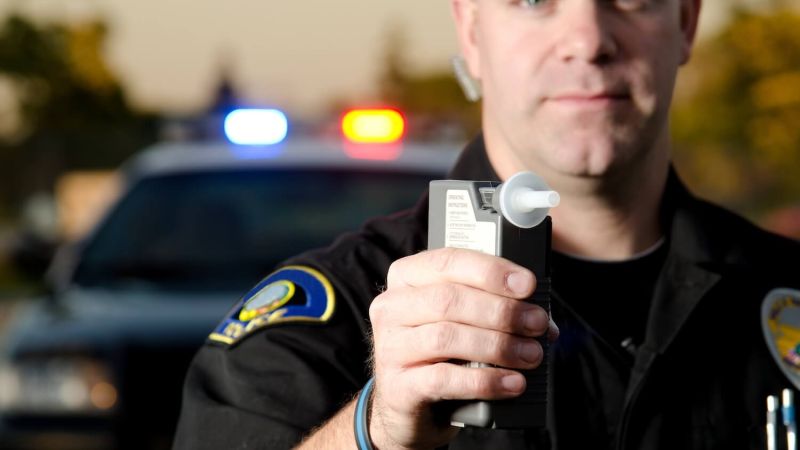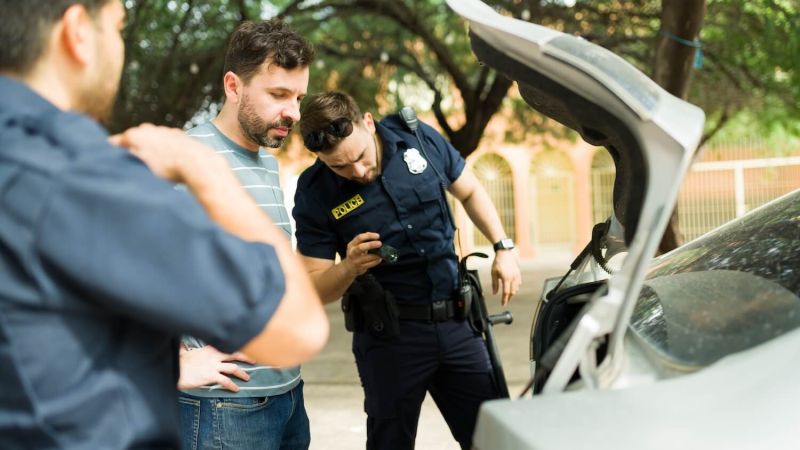What Happens If I Am Found With A Large Amount Of Cash That Appears To Have An Unlawful Source?


Whether you are charged by the U.S. Department of Justice or the State of New Jersey, money laundering is a serious charge and may involve complex evidence and legal issues. New Jersey’s money laundering law is set forth in N.J.S.A. 2C:21-25. The first prong of statute (N.J.S.A. 2C:21-25a) makes it a crime to transport or possess money that a reasonable person would believe is derived from criminal activity. In everyday terms, this usually involves a person transporting drug money in duffel bag, or hidden compartment of a vehicle or tractor trailer. In some instances, the government will charge money laundering when a person possesses alleged criminal proceeds in their residence.
In New Jersey, the government can charge money laundering for any criminal proceeds. This includes money from drug transactions, fraud, prostitution, unlicensed gambling, or other illicit sources. The language of the statute is very broad. The person in possession of the funds needs to have a good idea that the money is derived from criminal activity, but they don’t need to know the specifics of what crimes were committed. New Jersey law permits jurors to infer or assume that money is derived from criminal activity if it is transported or possessed “in a fashion inconsistent with the ordinary or usual means of transportation” and where the property does not have “any documentation or other indicia of legitimate origin or right to such property.” This means that jurors can assume funds are illicit in the case of large sums of U.S. currency which do not have bank or business documents providing where the funds came from and what the intended use of the funds is.
The penalties for money laundering are very severe, and it is critical you retain counsel if you are charged with this offense. Under N.J.S.A. 2C:21-27, money laundering can be a 1st Degree, 2nd Degree, or 3rd Degree offense. Possessing or transporting more than $500,000 is a 1st Degree crime, and carries a minimum sentence of 10 years, with 1/3 to 1/2 of the sentence subject to parole ineligibility. Money laundering is a 2nd Degree crime if the amount possessed is $75,000 or more, and a 3rd Degree crime if the amount involved exceeds $500.00. If convicted of an underling offense and money laundering, the money laundering offense carries a mandatory consecutive sentence on the underlying offenses that generated the funds.

Written By Derek Miller
Derek Miller is a seasoned criminal attorney who served thirteen years as a Deputy Attorney General with the New Jersey Office of the Attorney General, Division of Criminal Justice, before co-founding Lackey & Miller, LLC.










